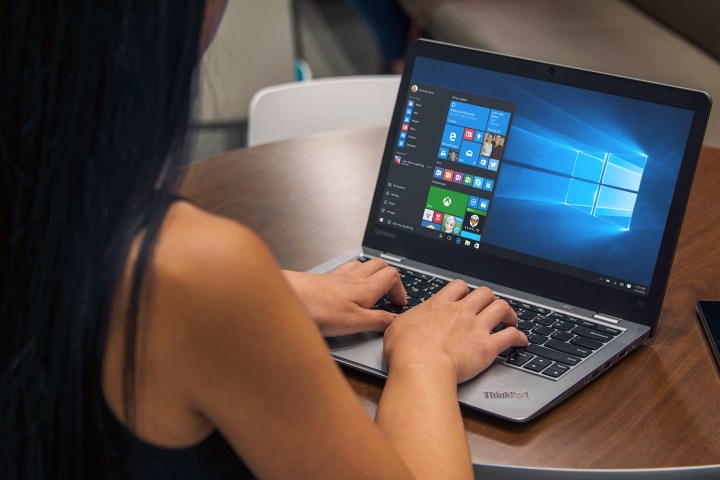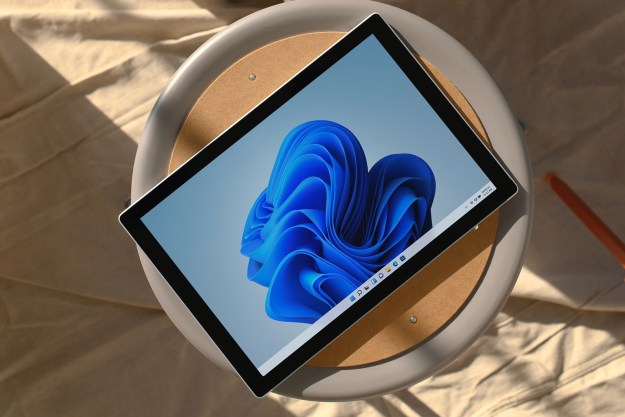
Although there are many low-cost Windows 10 laptops out there, Microsoft is expected to unveil a stripped-back version of Windows in May, known as Windows Cloud, that will be for use on ultra-low-cost notebooks of its own. However, it seems likely that it will look to third parties to join it in promoting the cheap, cloud-connected platform, possibly with a focus on students.
The so-called Cloudbooks will need to have at least a quad-core CPU, we’re told (Cerelon or better) and come with at least 4GB of RAM. Storage minimums are set at 32GB, or 64GB for those running 64-bit operating systems, the median for which must be eMMC flash memory or solid state drives (SSD).
Bundled batteries must be capable of 40Whr. Stylus and touchscreen support is said to be optional.

All of this should yield a 10-plus hour battery life, with the system booting up in 20 seconds from a cold shutdown. Coming out of hibernation, however, should take no more than five seconds after the first login — all of which is relatively comparable to the average Chromebook, according to Microsoft’s table (above).
In several areas, the Chromebook is listed as being more capable the Cloudbook specifications. However, these are merely the “minimum” specifications, so we would expect to see alternative hardware choices that are more powerful and offer more local storage — especially if there is SSD support.
The array of available hardware may very well depend on how capable the machines are in terms of software. As Liliputing points out, one of the key points of the Windows 10 Cloud operating system could be that it only runs Windows Store applications, which would severely limit the kind of software it can run. However, our first look at a leaked build suggests that you could change that in system settings, suggesting the restrictions as a potential tool for educators more than end users.
Editors' Recommendations
- Microsoft announces a new threat to push people to Windows 11
- Microsoft leaked a tool that unlocks all of Windows 11’s hidden features
- Update Windows now — Microsoft just fixed several dangerous exploits
- Microsoft’s DirectStorage may improve loading times by 200%, but don’t get too excited
- Microsoft Defender has one key weakness its rivals don’t




